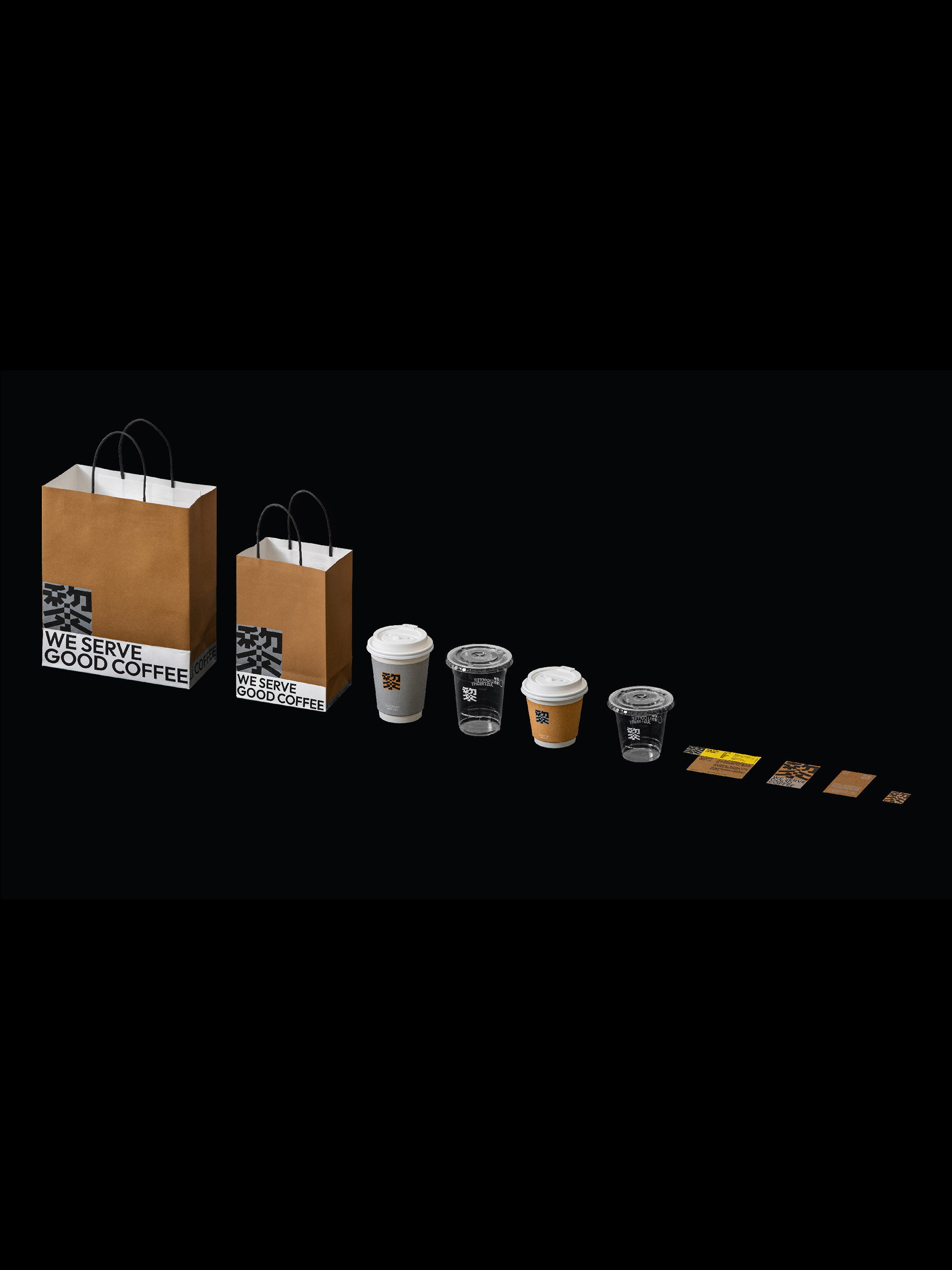
Initially I felt my site was very abstract, because I couldn’t actually be physically present there. However, after opening up the the Google Spreadsheet and showing my partners what I had been observing as my site, I realized how rich it was. There was practically a lot of cultural traces, literally, because that is essentially what my project focuses on, how through certain assumptions about culture and where you’re from, discrimination can be harnessed. So in a way I was actually able to go to my site in the time allotted, because I feel that, that site is what essentially sets the tone for my whole project. Nothing my partners said in particular, jumped out to me, however the way they reacted when they saw the information I had is what made me also take a step back and review the information I had. Because, although I knew what I had was shocking, I didn’t really step back and view it as someone would if they weren’t doing the project. My focus right now is seeing how I can open up the project a bit more to encompass a few more topics. At the moment I don’t know what my physical observable site is, but, I feel I can say it's people in New York City, because they are the ones mostly filling out the form. I’m really not sure what exactly I’m most interested in researching but I’m very much interested in the whole project.
So I didn't know how this was a public project, but as I got more into it, I realized what I could to do to make it more public and interactive enough to get people to understand it more and more.

After receiving over 50 responses, I began to sort out some of the information I received. I sorted them out based on a number of different things, like religion, race and culture. Upon doing this, there were quite a number of things that stood out, like how there were mostly black people who responded and also immigrants.

I initially thought of working on some sort of posters just to grasp people's attention to keep adding to the project. They can add to it via project website I'm still developing.

My second idea came when I started thinking of how to get people to interact with these questions rather than just read them and get a realization of the kinds of questions people ask.
So I thought of several ideas and final settled at a card game that informs people and also gets them to interact with not just the questions, but also the answers as well. This way people do get stigmatized or afraid to also voice out their questions if they have any.
The way the game continues is that people keep playing it at different places and adding on questions with each game they play. So for example, if I play at Union Square and I end up losing, I will take the cards home and play with someone elsewhere.
The game can be played in two ways at the moment, however, I'm thinking of cutting it down to just one mainly because of how complex one of the versions is.
The people get to add questions and also buy the set of cards is through a website I'm still currently developing. It'll also give them extensive information about the project and also how to and why to play game.
Budget for Card Game
The total cost for the initial production of the first set of cards cost about $15, however this was without the box, and the instruction sheet.
Budget for Website
I'm currently still designing and sub-developing the website, so I don't have to pay anyone to do that, however I'm looking at getting a full time developer to help me develop the website and also maintain it.
- 150
- $3,000
So after doing the beta test for the site, I got a fair idea of what exactly to do for the card game to make it way more interactive. As well as how to make the website super minimal and straight to the point.

WEBSITE HOMEPAGE
This is just one solution to this problem, I'd love to hear solutions you have, if you even see this as an issue and also the different questions you've been asked before, if you ever have been asked, and even if you've asked questions like these. With this, we can create different visual representations of these questions and solutions and help people get an idea of where we're from. If you disagree with what you just read as well, help me understand from your perspective as well, let's make it a conversation.
This project, isn't limited to Africans, it's a conversation that spreads beyond that. There are Africans who also have perceptions of other cultures, based of things they've heard or seen as well. Everyone is involved.
You can join the conversation by commenting below or clicking here.
THANK YOU




